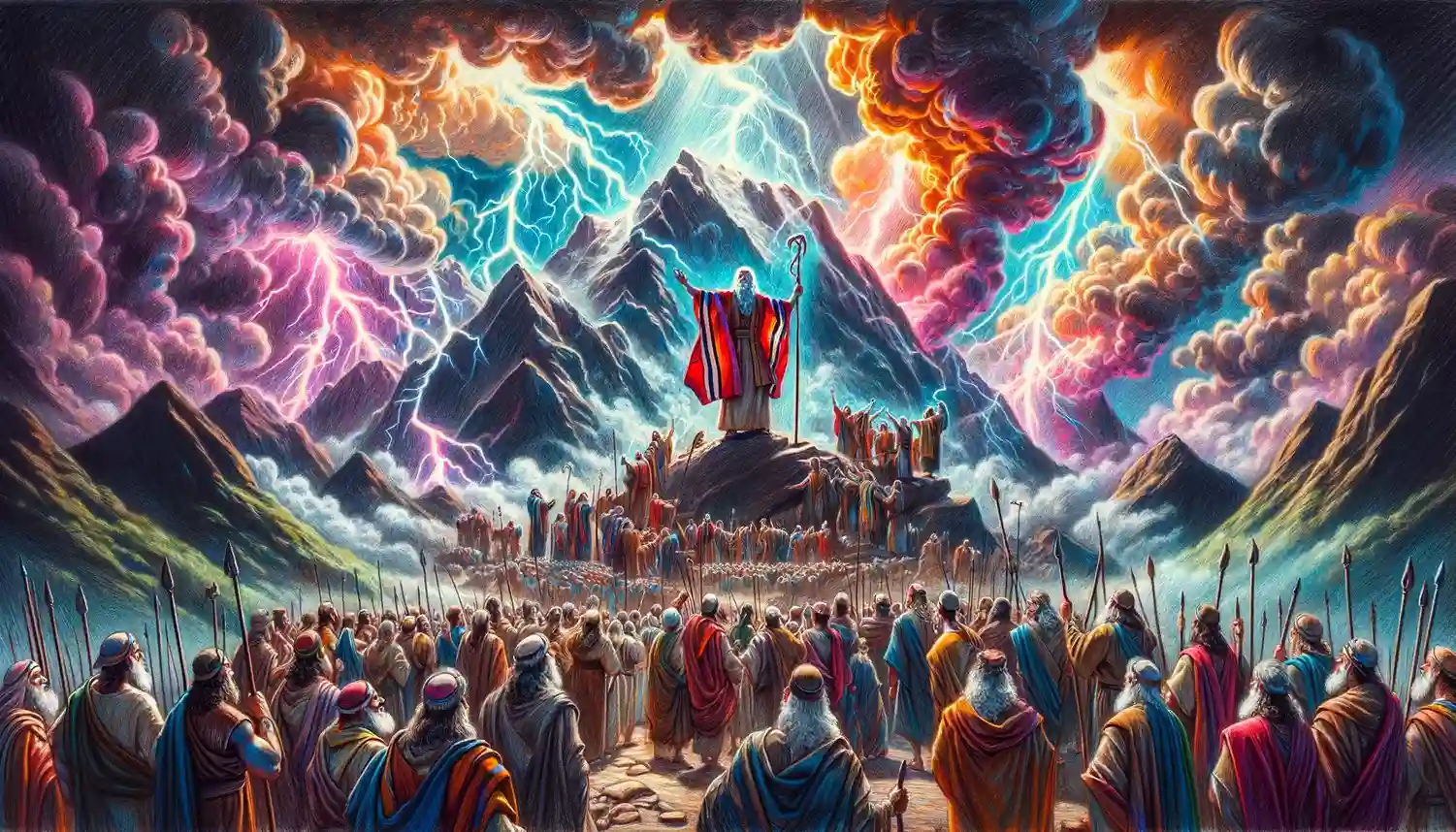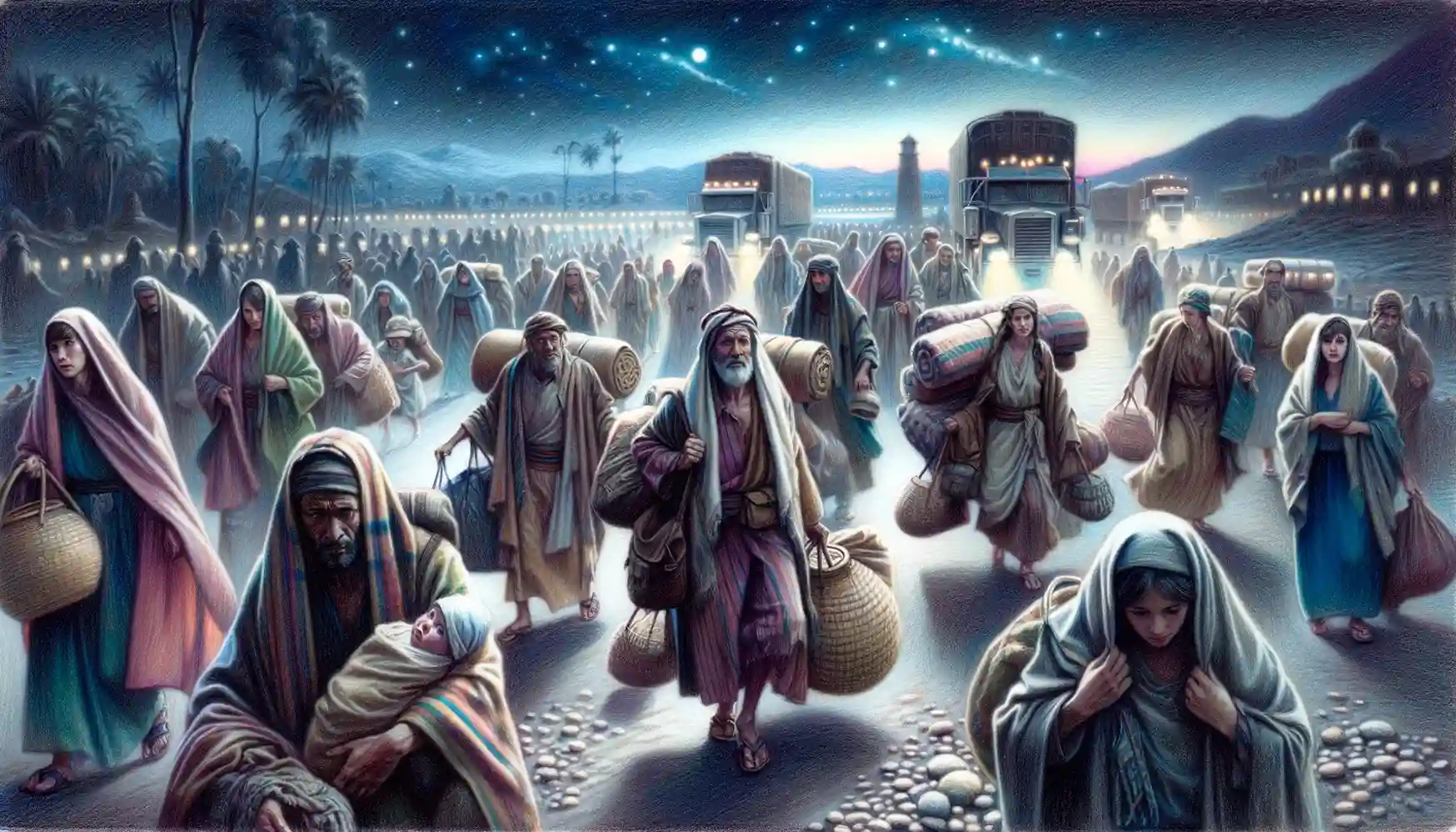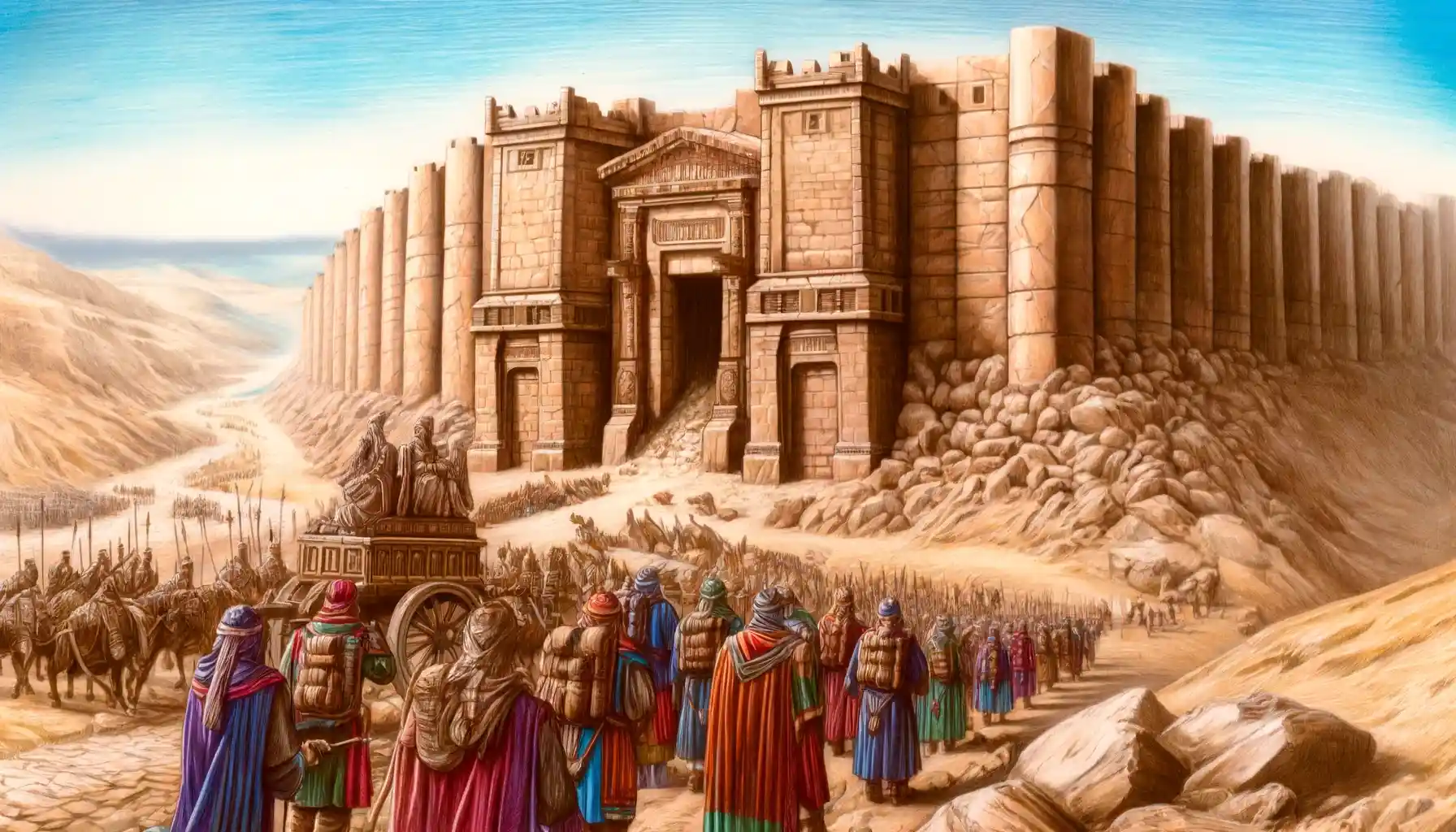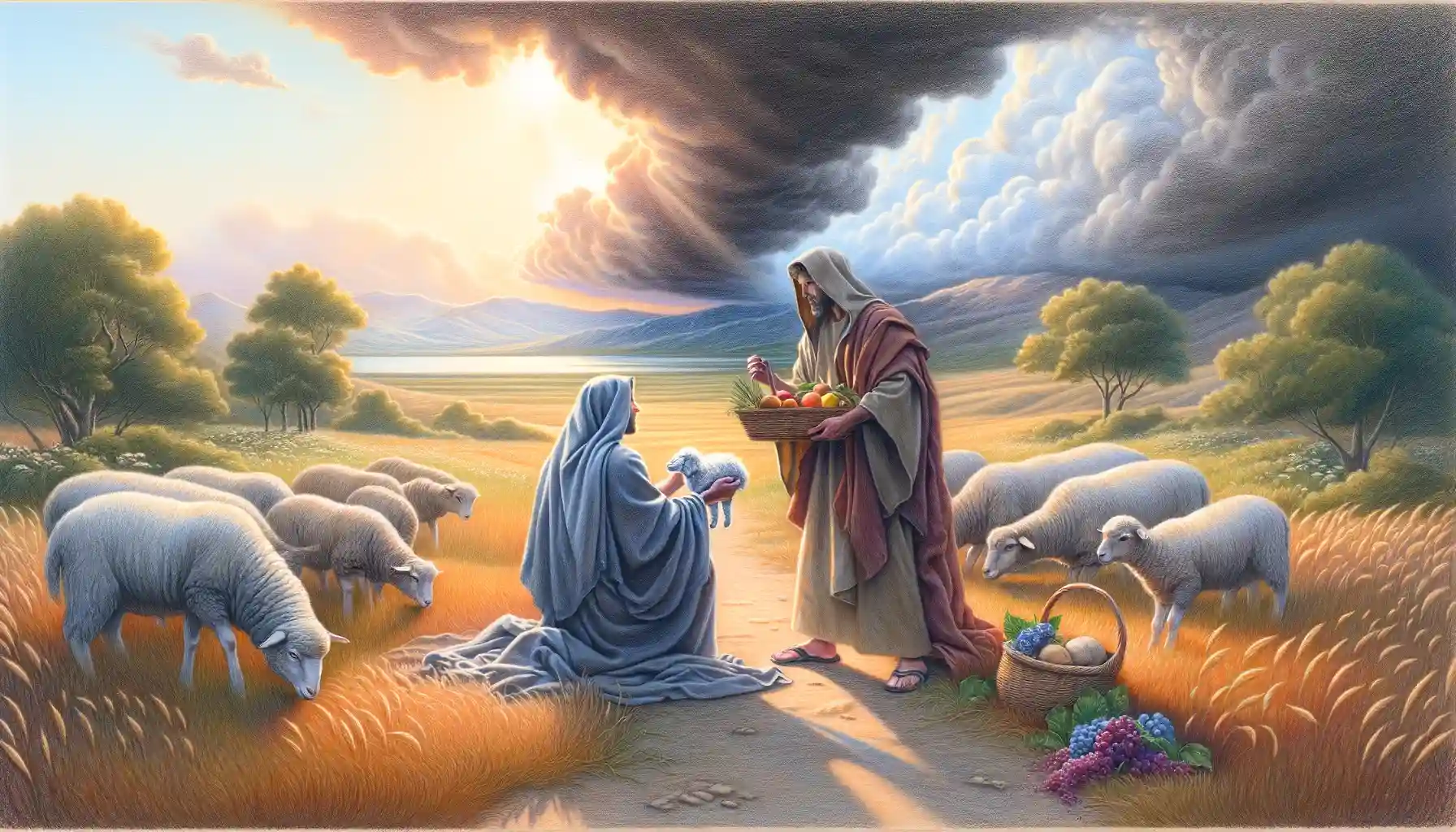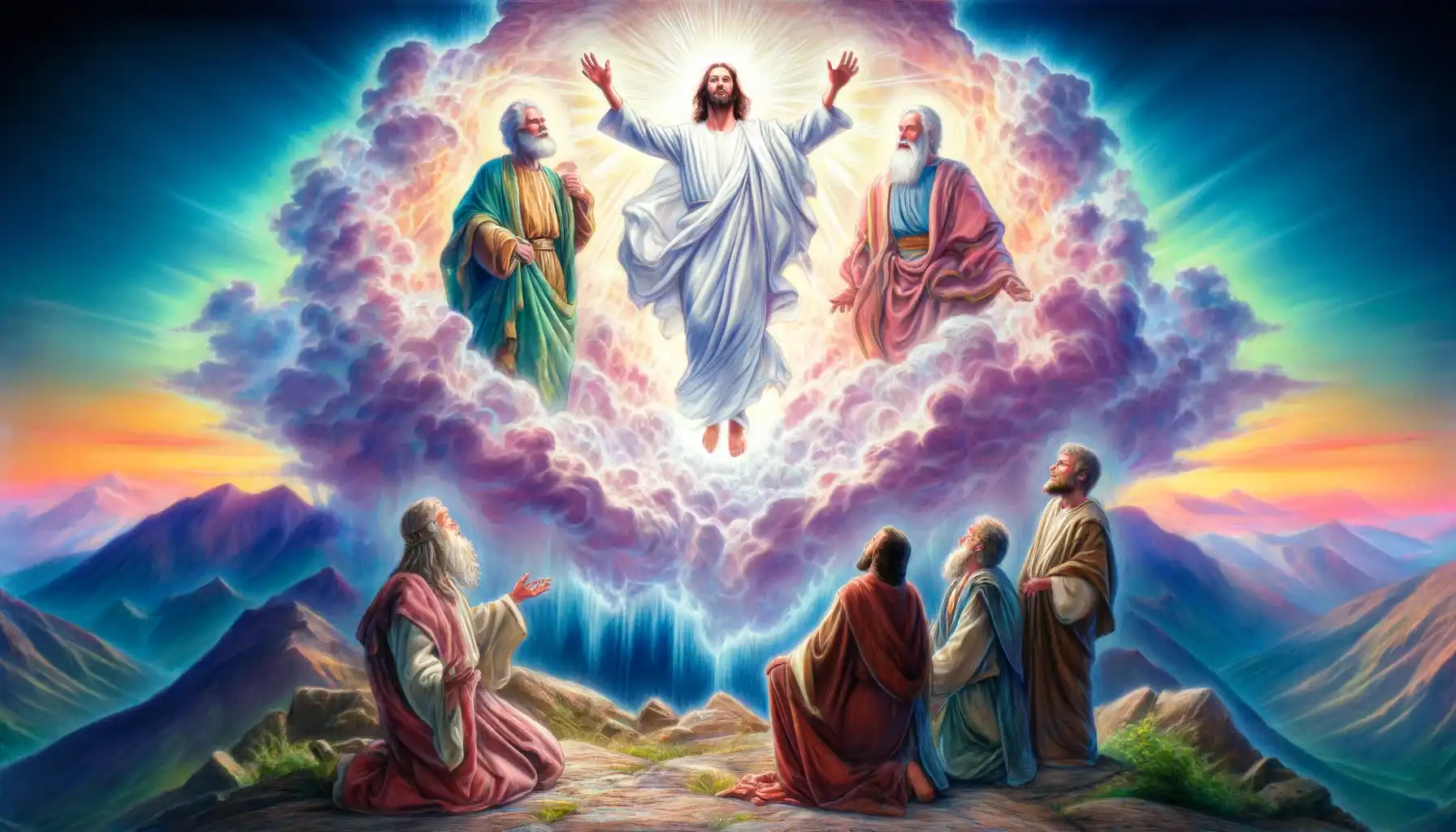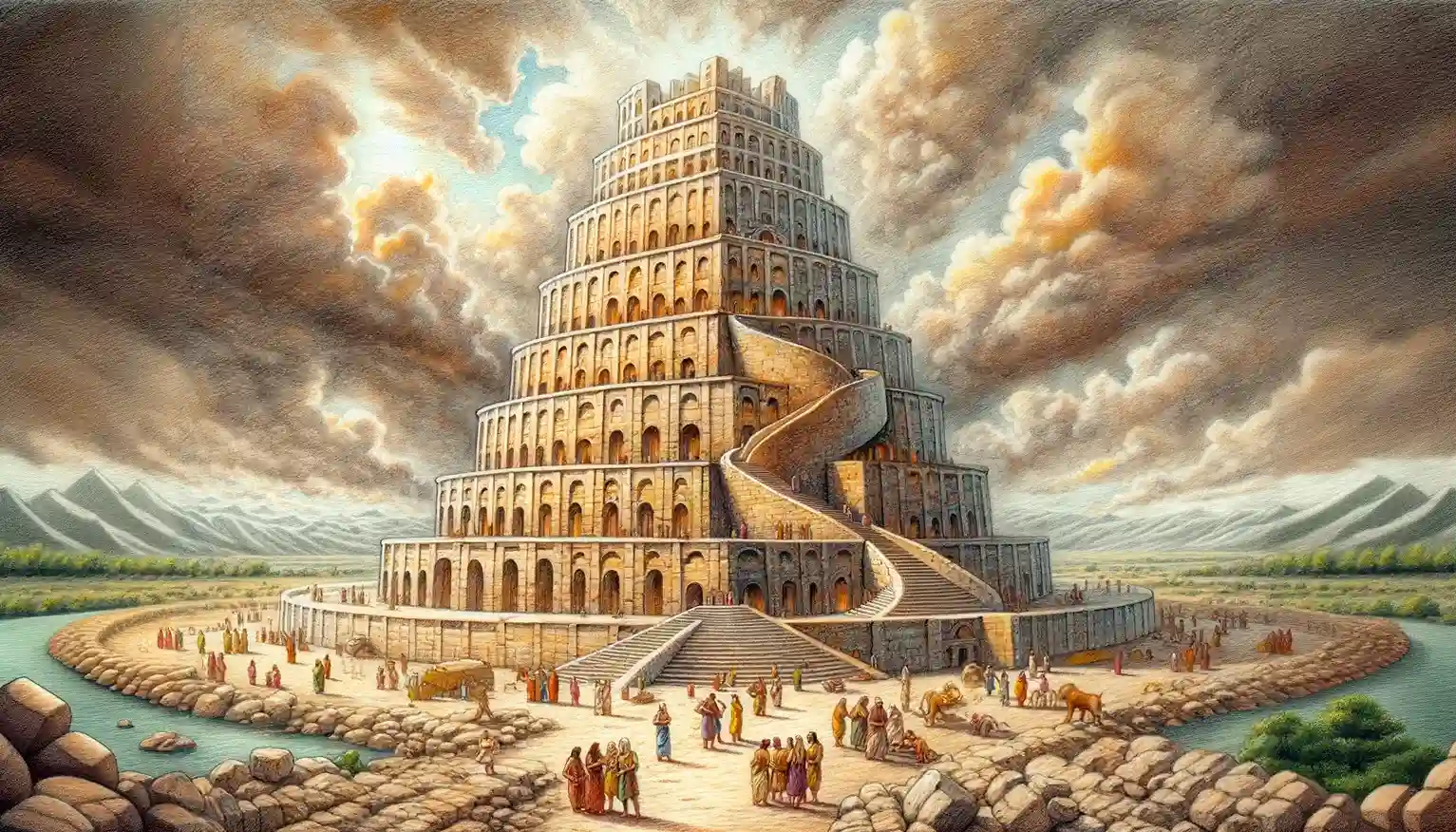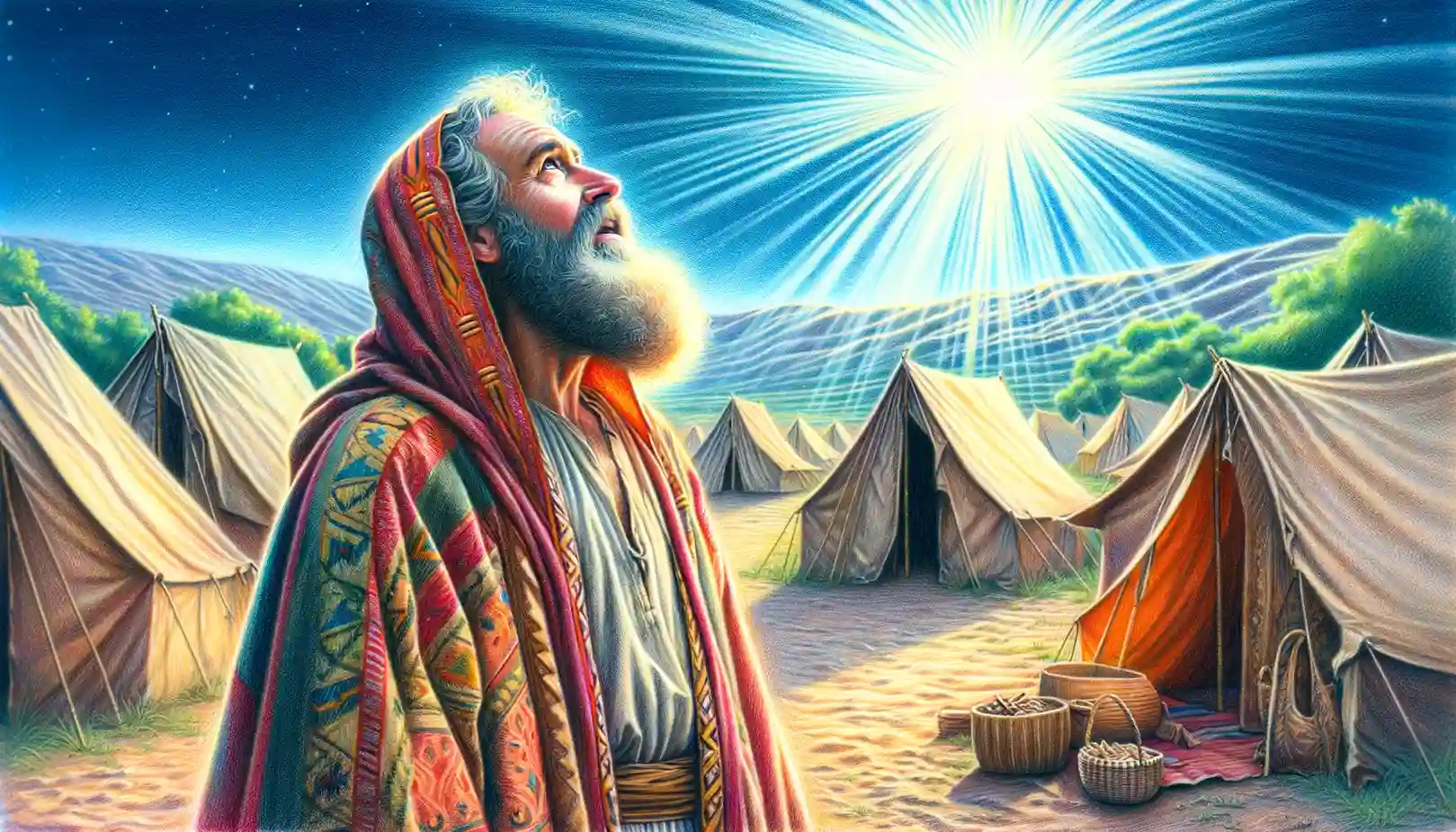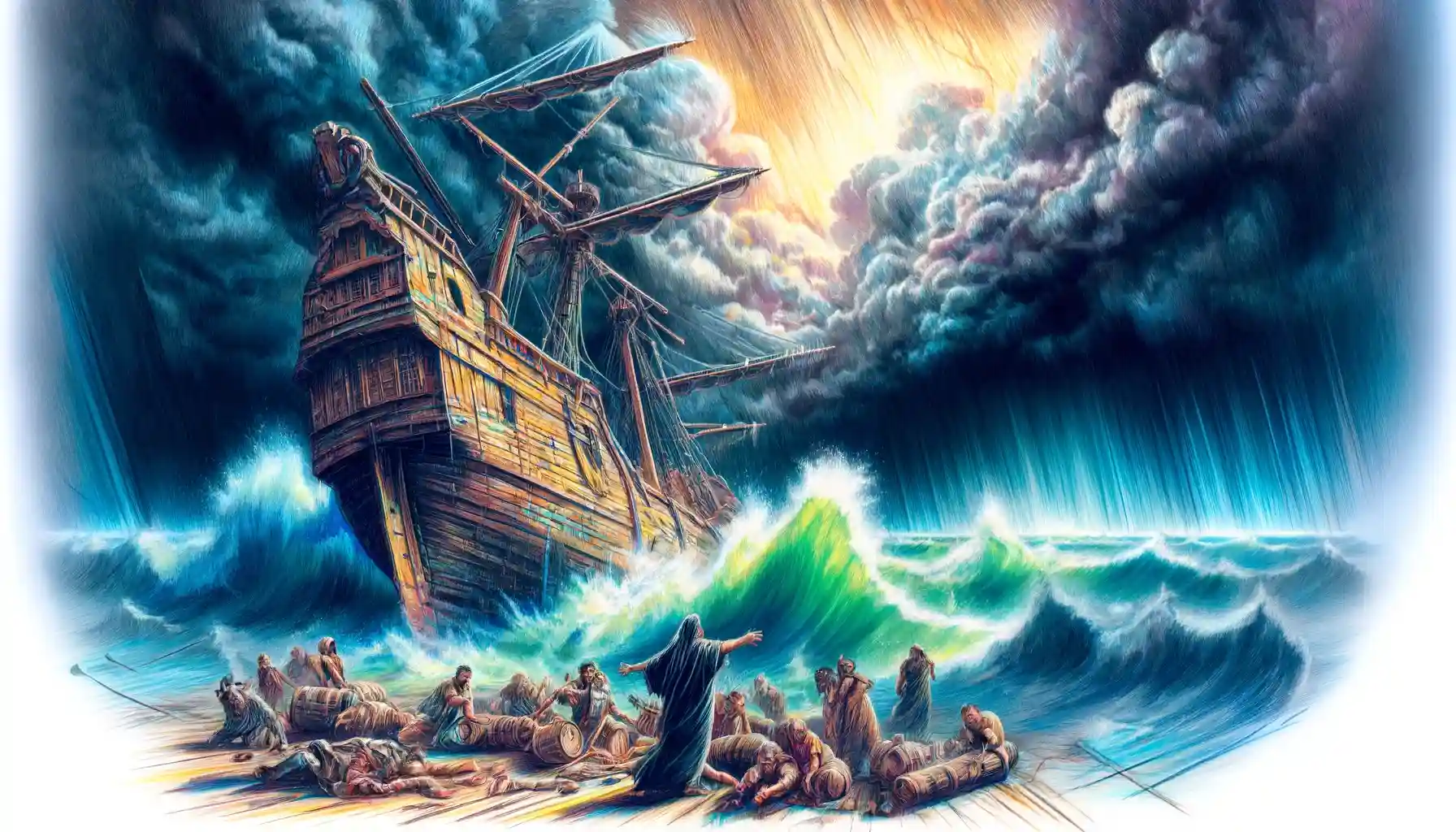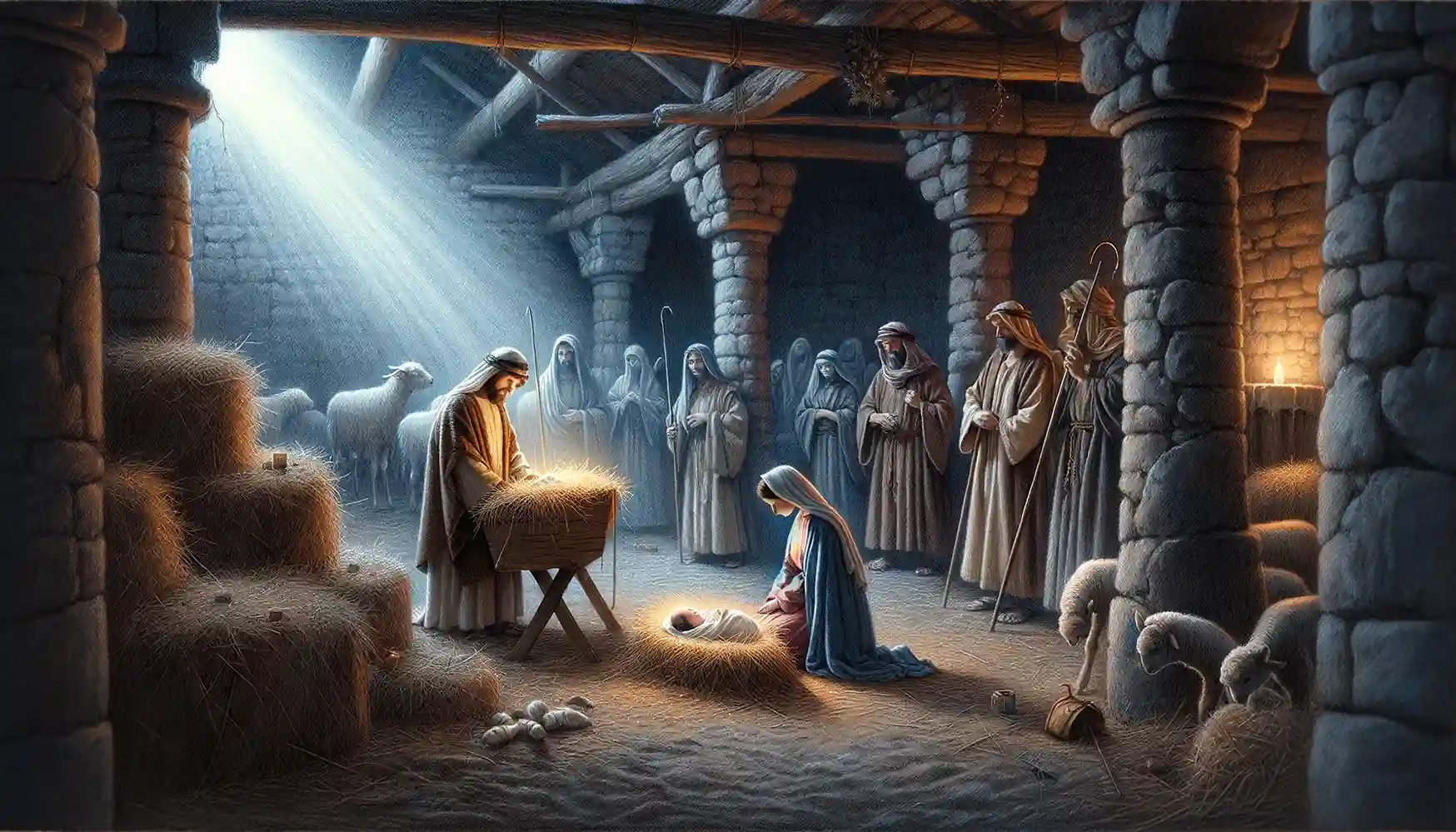The Giving of the Law at Mount Sinai is a central event in the Biblical narrative of Exodus, representing a foundational moment in the covenant relationship between God and the Israelites. This event occurs in Exodus chapters 19 and 20, …
In Exodus 12:31-42, the narrative details the momentous night of the Israelites’ departure from Egypt, marking their liberation from slavery after 430 years, as Pharaoh, compelled by the devastating plagues, urgently commands Moses and Aaron to lead their people out. This passage highlights the beginning of the Exodus, the institution of the Feast of Unleavened Bread, and the fulfillment of God’s promises, capturing a pivotal turning point where the Israelites leave with the riches of the Egyptians, signifying their transition from slavery to freedom under divine guidance.
The Fall of Jericho, as detailed in Joshua 6:1-27, describes how the Israelites, led by Joshua and following divine instructions, conquered the fortified city of Jericho by marching around its walls for seven days, resulting in their miraculous collapse on the seventh day, thus marking a significant and symbolic victory in the Israelites’ conquest of the Promised Land. This event highlights themes of faith, obedience to God’s commands, and the power of divine intervention, while also preserving the narrative of Rahab, who was spared for her faithfulness and assistance to the Israelites.
Cain’s murder of Abel represents a tragic escalation of sin, illustrating its destructive impact not only on relationships but also on the broader moral order. This narrative has been deeply influential in religious and cultural contexts, shaping discussions about morality, justice, and human nature.
The Transfiguration of Jesus is a profound revelation of His divine nature and His fulfillment of the Law and the Prophets. It reaffirms Jesus’ sonship and His mission, providing the disciples—and through the Gospel, all believers—a glimpse of His heavenly glory.
The story of the Tower of Babel explains the origins of multiple languages and the dispersion of peoples across the world. It serves as a narrative on human pride and the limits of human ambition, as well as the divine prerogative to intervene in human affairs.
Abraham’s journeys are not just a tale of migration but a series of divine encounters and faith-building experiences that shaped the patriarch into the father of many nations and a key figure in the Abrahamic faiths.
The shipwreck of Paul is not just a tale of survival but a testament to Paul’s faith and God’s providence, ensuring that Paul’s missionary journey continued despite seemingly insurmountable odds.
The narrative of the Birth of Jesus in Luke 2:1-20 offers a profound glimpse into the miraculous events surrounding the arrival of Christ, emphasizing themes of prophecy, divine humility, and celestial joy, set against a backdrop of Roman governance and fulfilled through a humble manger in Bethlehem.
The meeting of Jesus with the Samaritan woman at Jacob’s Well serves as a critical lesson on the scope of Jesus’ ministry and the power of direct personal encounter in transforming lives and transcending cultural divides.

